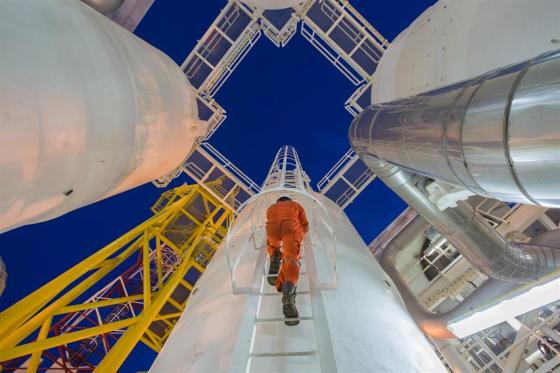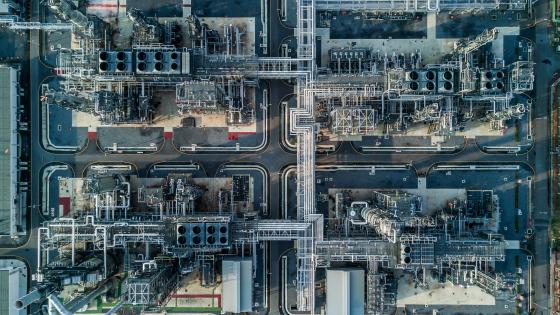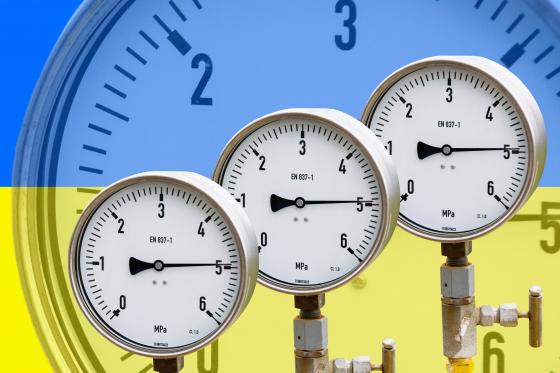About Gas
About Gas
The role of ACER

ACER supports and actively contributes to the decarbonisation of the European gas sector. By ensuring efficient decarbonisation and competition measures, costs can be limited and consumers can benefit from lower prices. This is possible thanks to the work of national regulators, the European Commission, ACER and stakeholders who have been cooperating for more than ten years to integrate and create a pan European gas market, comprising also the Energy Community Contracting Parties.
What is the role of ACER?
Building upon the sustained efforts of National Regulatory Authorities (NRAs) and the continuous support of all stakeholders, ACER's Gas Department is working towards meeting all the challenges associated with creating a well-functioning, competitive, integrated, secure and sustainable European gas market, delivering tangible benefits to the European consumers. Work still to be done includes aligning national market and network operation rules for gas as well as making cross-border investment in energy infrastructure easier.
To achieve these goals, ACER Gas Department has organised its activities in three teams:
-
Network Codes
-
Market Monitoring
-
Infrastructure
Network Codes
The Network Codes (NCs) are the fundamental rules regulating the efficient transmission of gas across Europe. They turn regulatory policies for cross-border and market integration issues into operational rules. ACER is responsible for drafting the initial framework guidelines that guide the European Network of Transmission System Operators for Gas (ENTSOG) and the European Commission in drafting and approving the Codes. The team is also responsible for issuing decisions, recommendations, opinions and NC implementation reports.
Gas Network Codes Functionality Platform
The Joint Functionality Process for Gas Network Codes was jointly set up by ACER and ENTSOG in 2016. The platform allows market parties to notify operational issues related to the gas Network Codes and their implementation.
About Gas
Infrastructure

The gas infrastructure team deals with various aspects of the development and the efficient, safe and secure operation of the gas industry infrastructure: pipelines, compressor stations, liquefied natural gas terminals and underground gas storage. ACER contributes to assessing how gas infrastructure developments may influence market integrity, competition, security of gas supply and sustainability. To do so, ACER works closely with NRAs, ENTSOG, project promoters, and the European Commission. The team also often liaises with colleagues from the Energy Community and other European entities.
The Agency closely monitors and assesses the development of the gas infrastructure in Europe through several activities, including the development and the implementation of the EU-wide 10-year network development plans (TYNDPs), gas regional investment plans (GRIPs), national infrastructure development plans (NDPs), and the selection of projects of common interest (PCIs). In all these domains, ACER provides Opinions, Recommendations or reports to advise and inform relevant stakeholders.
About Gas
Market Monitoring

Accurate monitoring is crucial to track the progress towards meeting the challenges of creating a well-functioning, competitive, integrated, secure, and sustainable European internal energy market. The Gas Market Monitoring team analyses the trends of:
-
EU gas wholesale markets and the impact of Network Codes on its functioning,
-
Retail energy markets, focusing particularly on price-related issues, as well as the status of consumer rights, empowerment and protection in the European energy market.
As a result of this intensive analysis, ACER produces an annual Market Monitoring Report (MMR). The report is considered by stakeholders as a reference to appraise the status of the European energy markets and to develop a sound energy policy. The MMR also identifies barriers to the completion of the internal gas market and recommends measures to overcome them.
